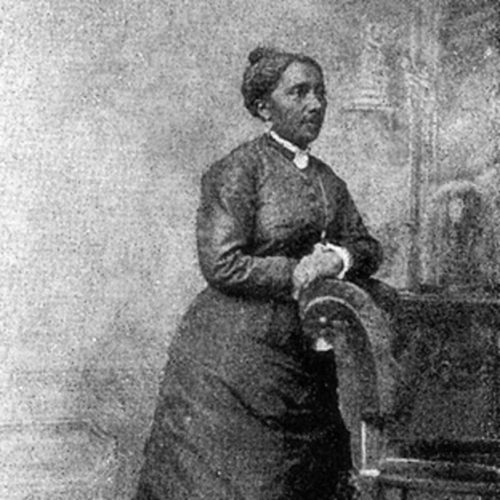Elizabeth Jennings Graham

Wikimedia Commons
Even though Rosa Parks became the poster woman of the fight to end racial segregation, many women preceded her. One woman, Elizabeth Jennings Graham, led the fight against transportation segregation as early as 1854 — a full 100 years before Rosa Parks.
In 1830, Graham was born to two prominent New York residents: Her father, a free black man, was the first known patent holder of his race in U.S. history and her mother served as a speaker and member of New York City’s literary society.
Graham’s father had bought her mother’s freedom from slavery, so when Graham was born, she too was free. Graham then received an education and became a teacher, and spent a lot of time with her church community, where she played the organ.
It was on her way to church for Sunday service in July 1854 that Graham became part of history: Running late, Graham ran to catch a streetcar and boarded it, only for the conductor to tell her to exit.
At the time, horse-drawn streetcars offered a popular mode of transportation within American cities, and like the buses that would follow them, they were racially segregated. This could happen, at least in part, because the rails were privately owned and operated.
As the New York Tribune recounted of the event:
[Graham] got upon one of the Company’s cars last summer, on the Sabbath, to ride to church. The conductor undertook to get her off, first alleging the car was full; when that was shown to be false, he pretended the other passengers were displeased at her presence; but (when) she insisted on her rights, he took hold of her by force to expel her. She resisted. The conductor got her down on the platform, jammed her bonnet, soiled her dress and injured her person. Quite a crowd gathered, but she effectually resisted. Finally, after the car had gone on further, with the aid of a policeman they succeeded in removing her.
As word spread about Graham’s incident, the call to end segregated transport in New York gained traction — and Graham became the most-cited example in making the case for it. This notoriety came at least partially because she actually sued the owner of the streetcar company — and had the representation of a young lawyer named Chester A. Arthur, who would later become President of the United States.
Graham won the suit, with the judge declaring that “Colored persons if sober, well behaved and free from disease, had the same rights as others and could neither be excluded by any rules of the Company, nor by force or violence,” and awarding her $250 in damages (around $10,000 today).
This case law ultimately proved instrumental in the desegregation of New York City public transport ten years later.
Graham, however, was all but forgotten: Very little is known about her life following the lawsuit’s end. Historians do note, however, that Graham remained active in the Civil Rights movement until the New York City Draft Riots of 1863, during which time her only child became ill and died.
After his death, Graham and her husband left the city for four years — at which point her husband died. Toward the end of her life, Graham returned to New York City and started a neighborhood school house for black children. It operated until her death in 1901.
Next, read up on six brilliant female scientists who never got the recognition they deserved. Then, get to know the female civil rights leaders you didn’t learn about in school.





